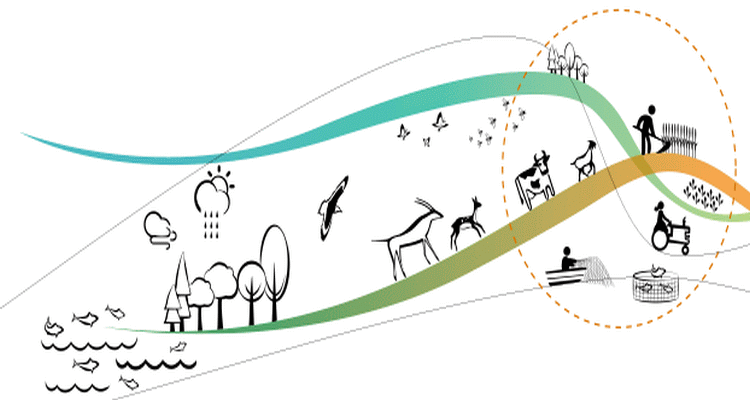In the coming 30 years, agriculture will face an unprecedented confluence of pressures, including an increase in global population, intensifying competition for increasingly scarce land, water and energy resources, and a serious threat of climate change.
To provide for a population projected to reach 9.3 billion by 2050 and support changing dietary patterns, estimates are that food production will need to increase from the current 8.4 billion tonnes to almost 13.5 billion tonnes a year.
The Food and Agriculture Organisation (FAO) of the United Nations has facilitated the development of a common approach to Sustainable Food and Agriculture (SFA), which will also contribute to the achievement of the Sustainable Development Goals (SDG). They have underlined six principles that can guide the collective process of transition to greater sustainability.
- Improving efficiency of resources used
- Direct action to conserve, protect and enhance natural resources
- Sustainable agriculture to protect and improve rural livelihoods and social well-being
- Enhanced resilience of people, communities and ecosystems for sustainable agriculture
- Promote responsible and effective governance mechanisms
- Controlling Food waste and promoting sustainable consumption patterns
What we need today is increase investments in rural areas in diverse and locally specific agro-ecosystems based on intensive ecological interactions between soils, water, plants, animals and trees, and moving farmers from grain mono-cultures to poly-cropping, horticulture or animal husbandry. Such diverse systems are likely to be more productive, labour intensive and provide enhanced ecosystem services and, therefore, much more sustainable.






